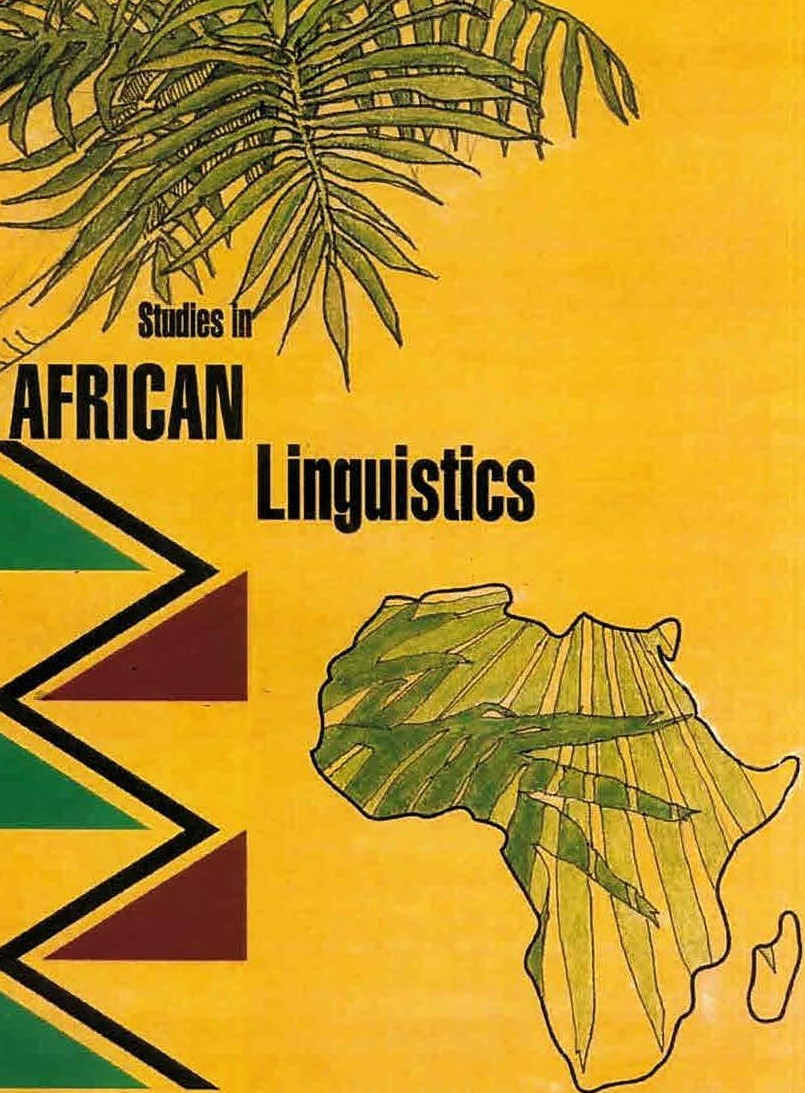The one-term predication for deictic identification in Hausa
DOI:
https://doi.org/10.32473/sal.v49i2.125886Palavras-chave:
Non-verbal predications;, Hausa;, deictic identification;, copula;, focusResumo
This article describes a type of non-verbal predication (NVP) with a single term called "deictic identification" (for example, Abdù nee 'it’s Abdu') and which, in its basic function, is used to identify a referent present in the immediate spatial environment of the speaker. The paper shows that the one-term sentences must be distinguished from ordinary two-term specificational or equative sentences (for example, ùban Muusaa Abdù nèe 'Musa’s father is Abdu' and wannàn Abdù nee 'this is Abdu'). Indeed, the paper in particular shows that when the two types of constructions are used in non-assertive contexts, they can select two different replacive copulas. The paper also shows how the basic one-term deictic constructions acquired extended, non-deictic uses, including uses in focus-fronting constructions, where the immediate external environment is not always relevant. The paper proposes that copula nee/ cee is the sentence predicate in one-term deictic identification and is hence comparable to other one-term non-verbal predicates in Hausa, such as the presentational gàa (for example, gàa Abdù ‘here is Abdu’).


